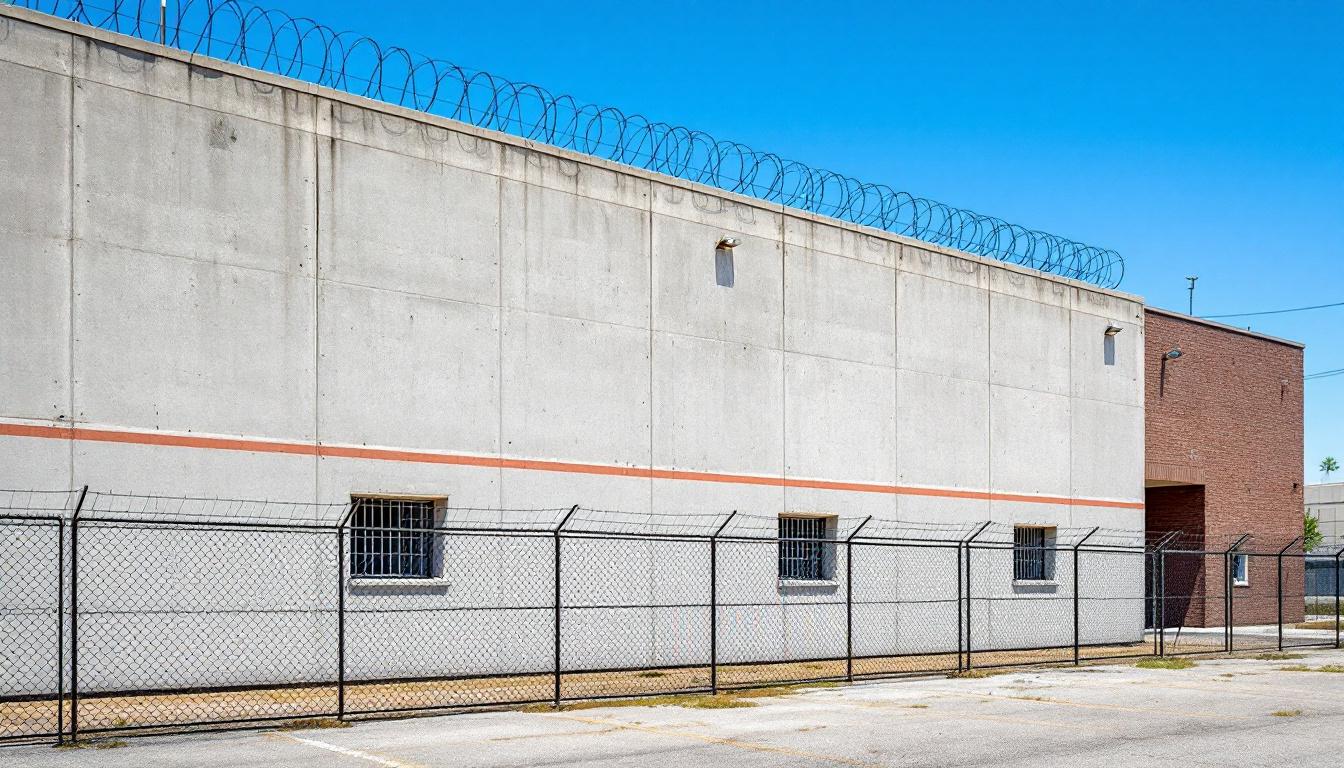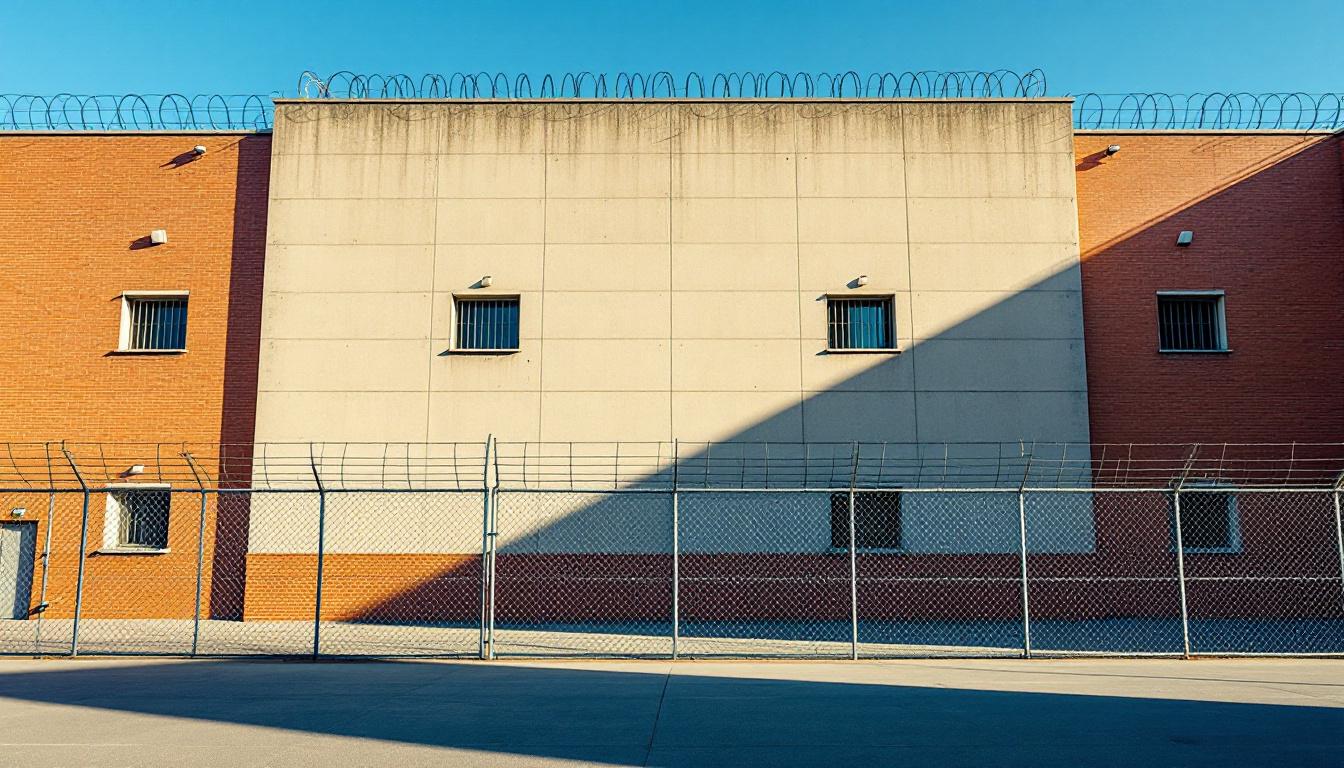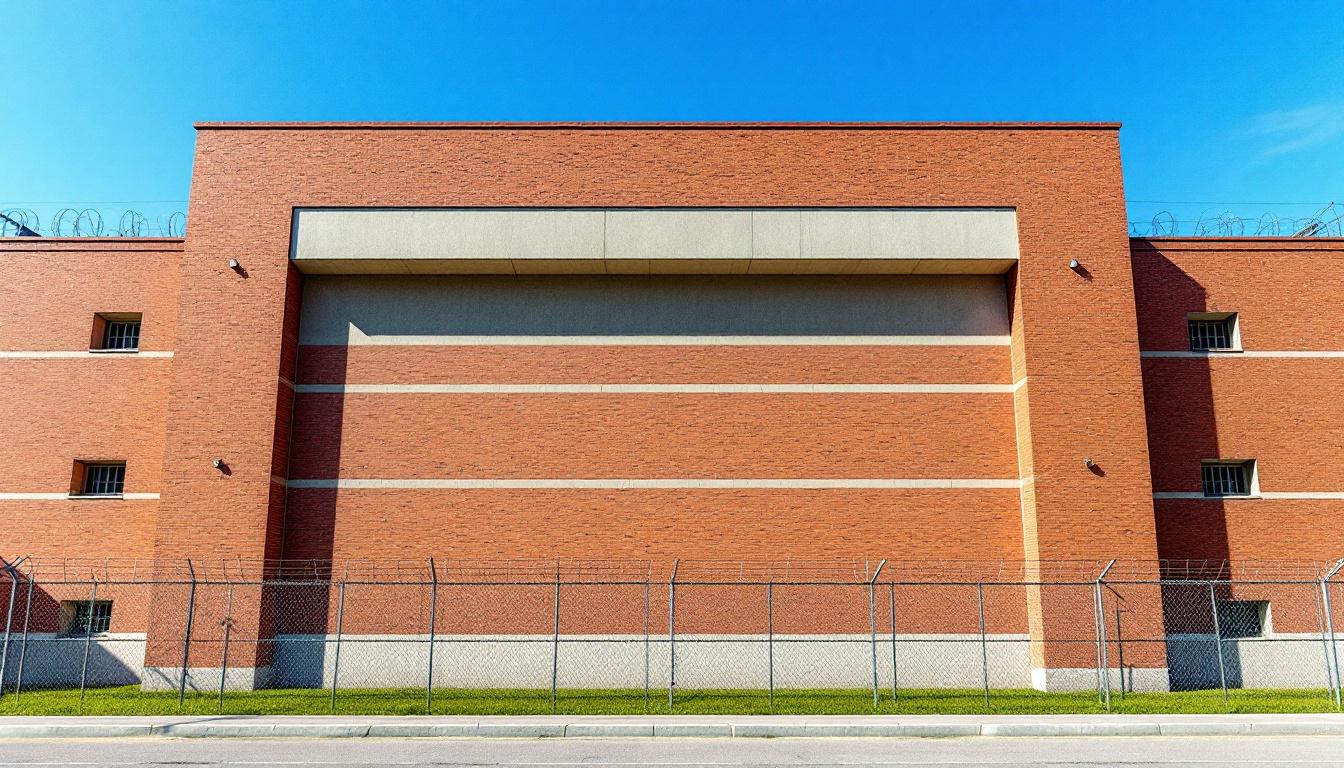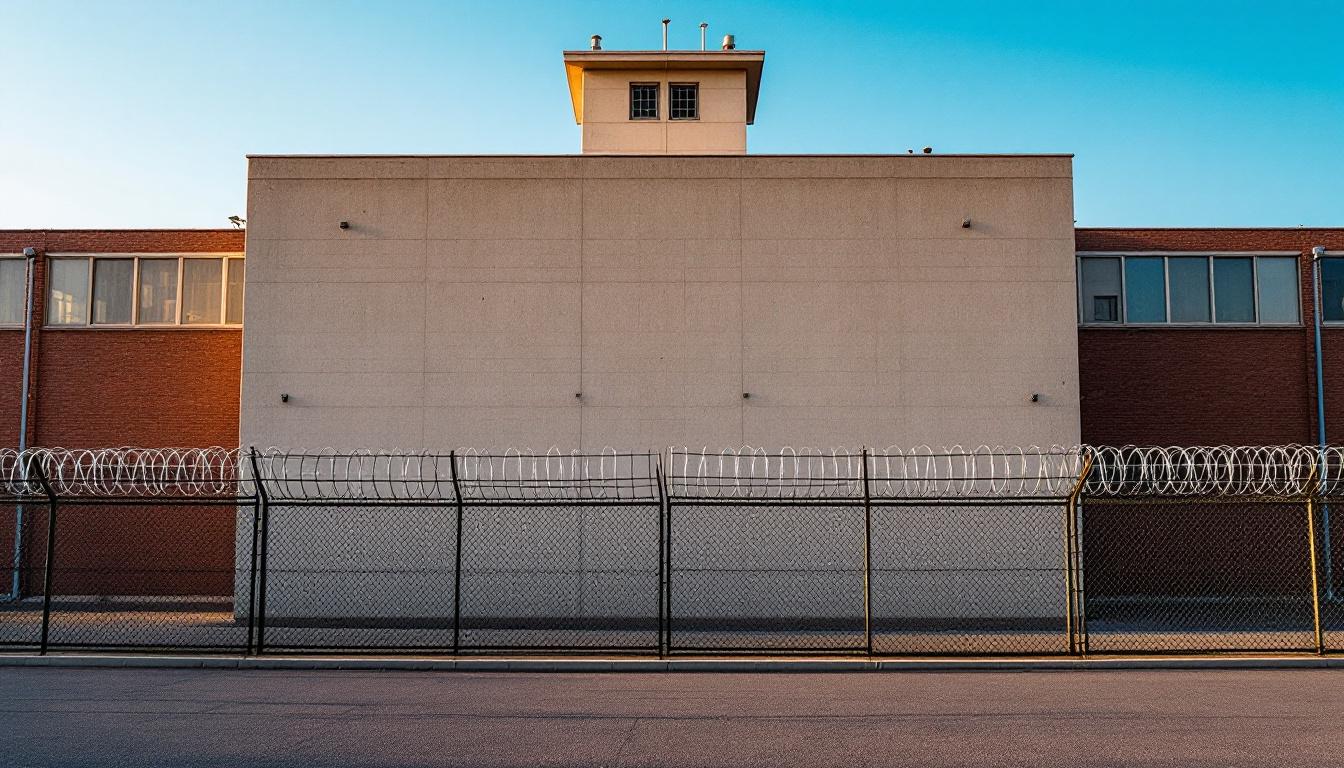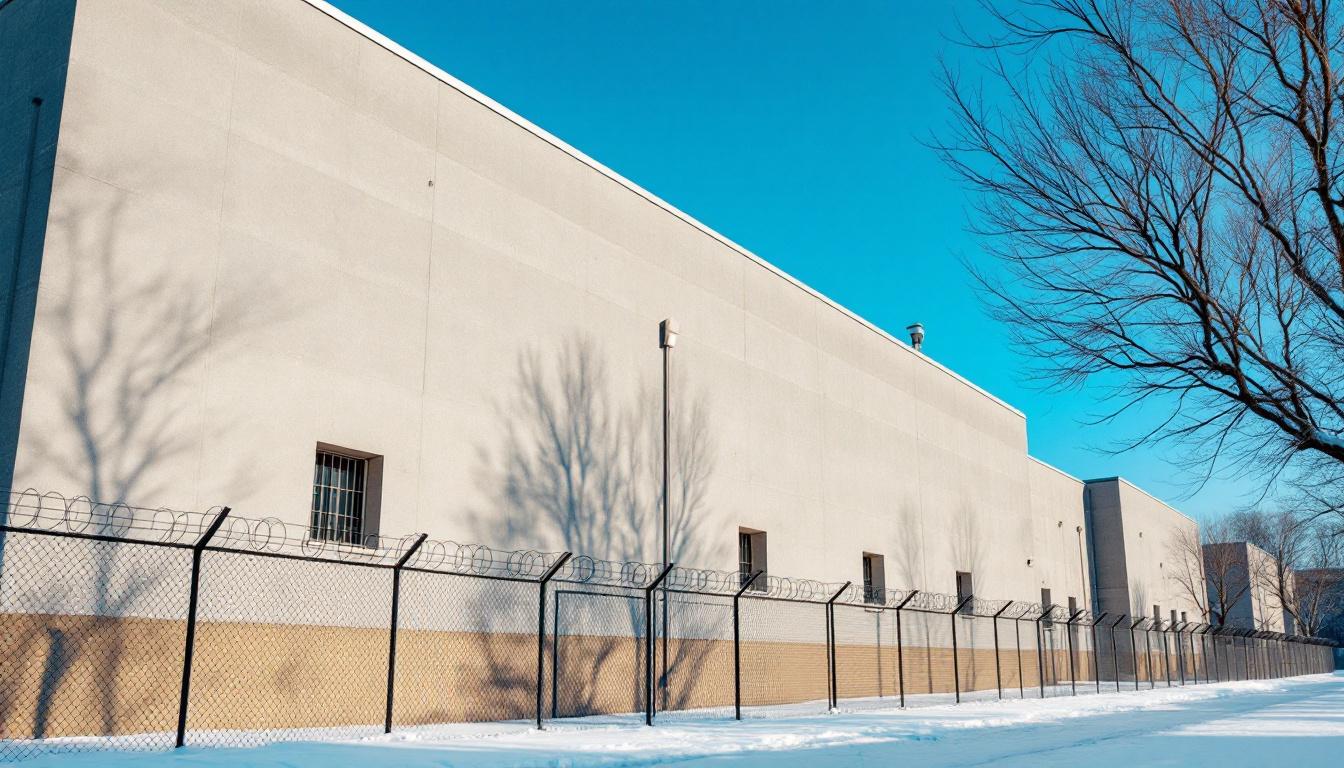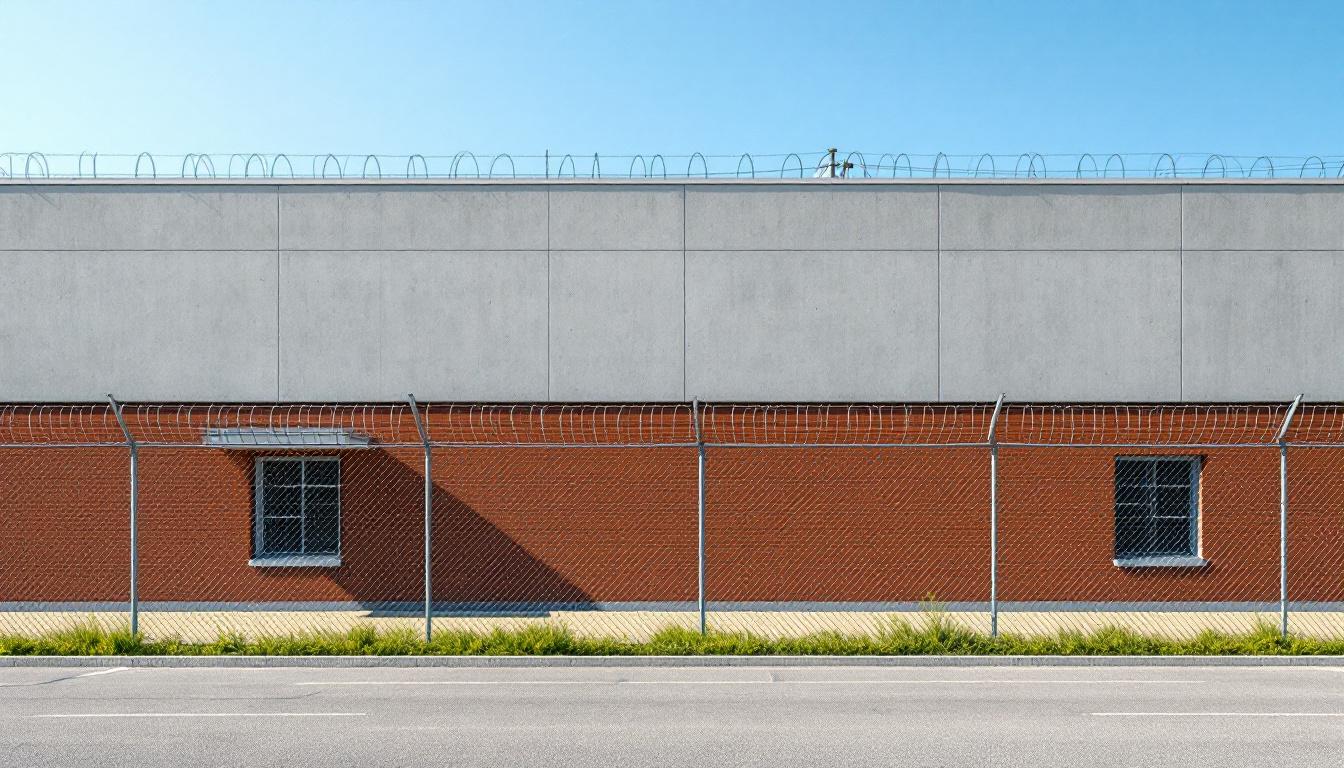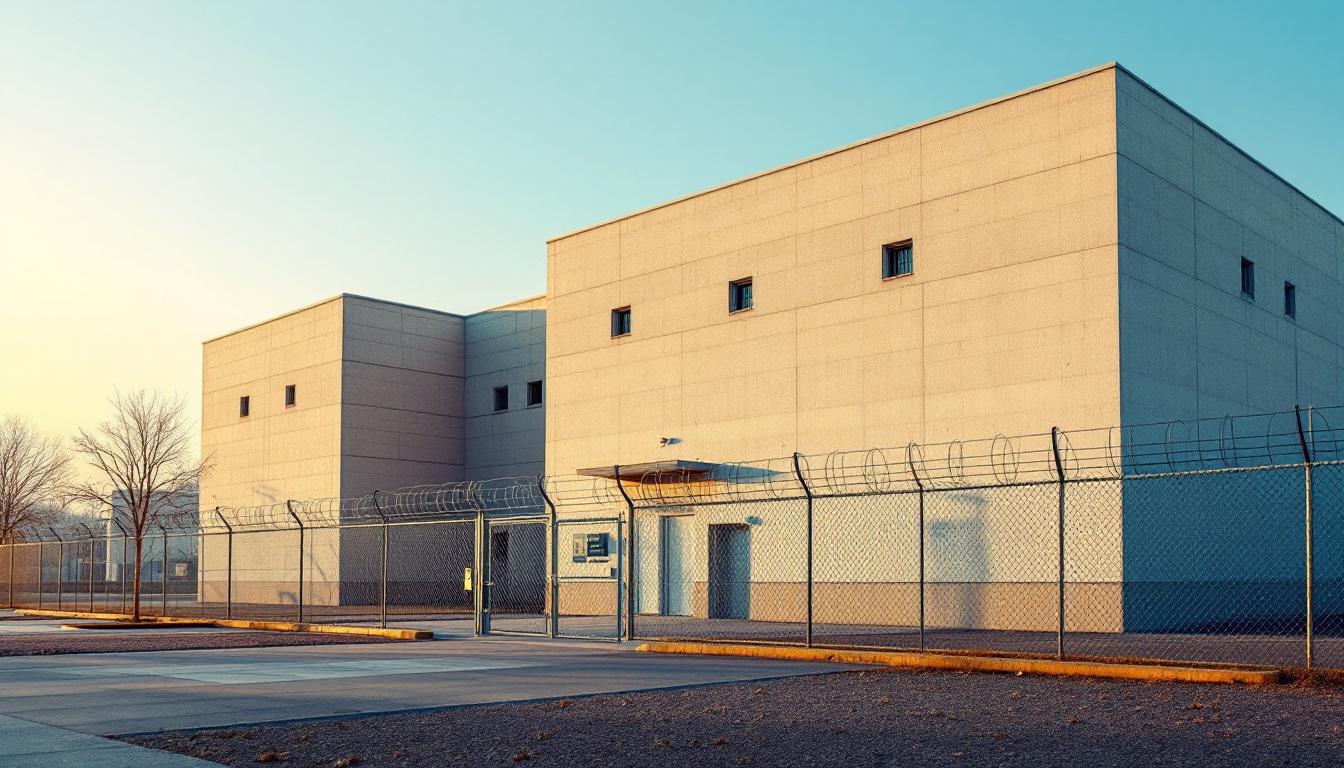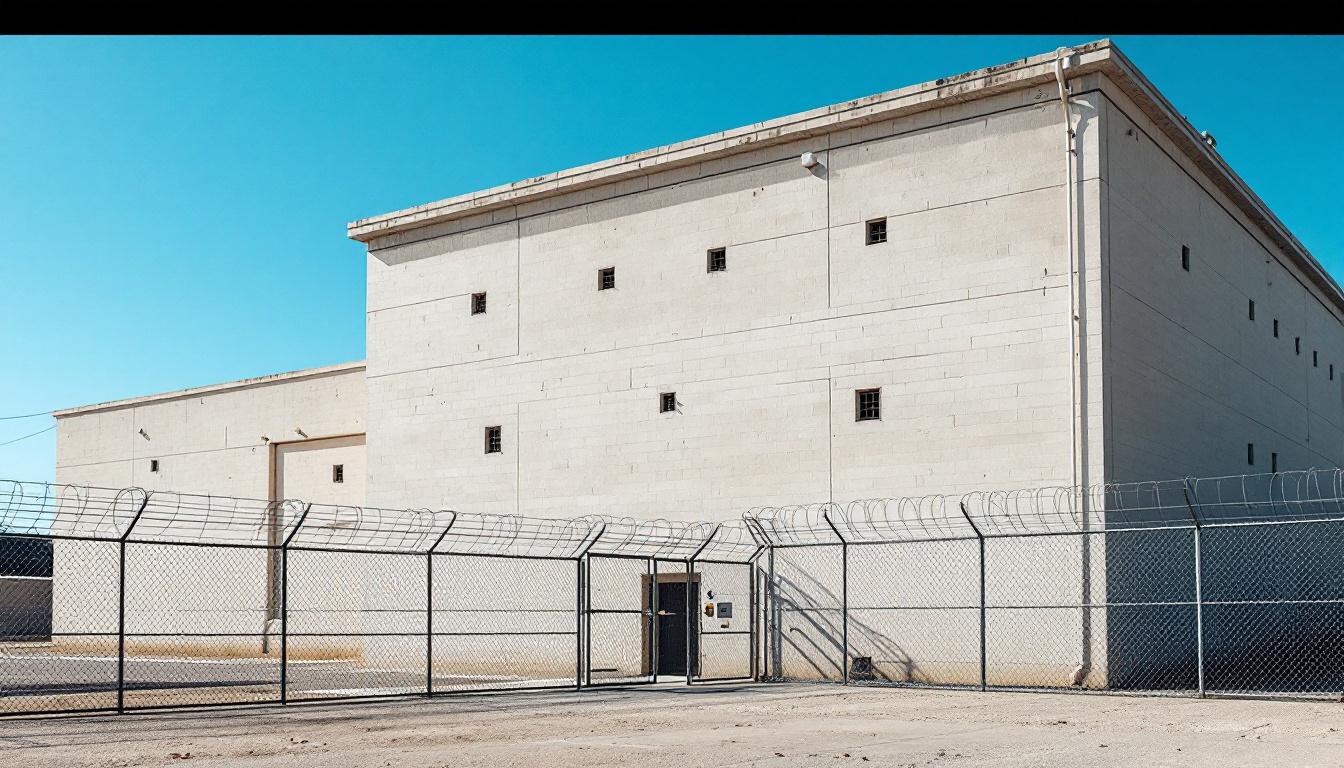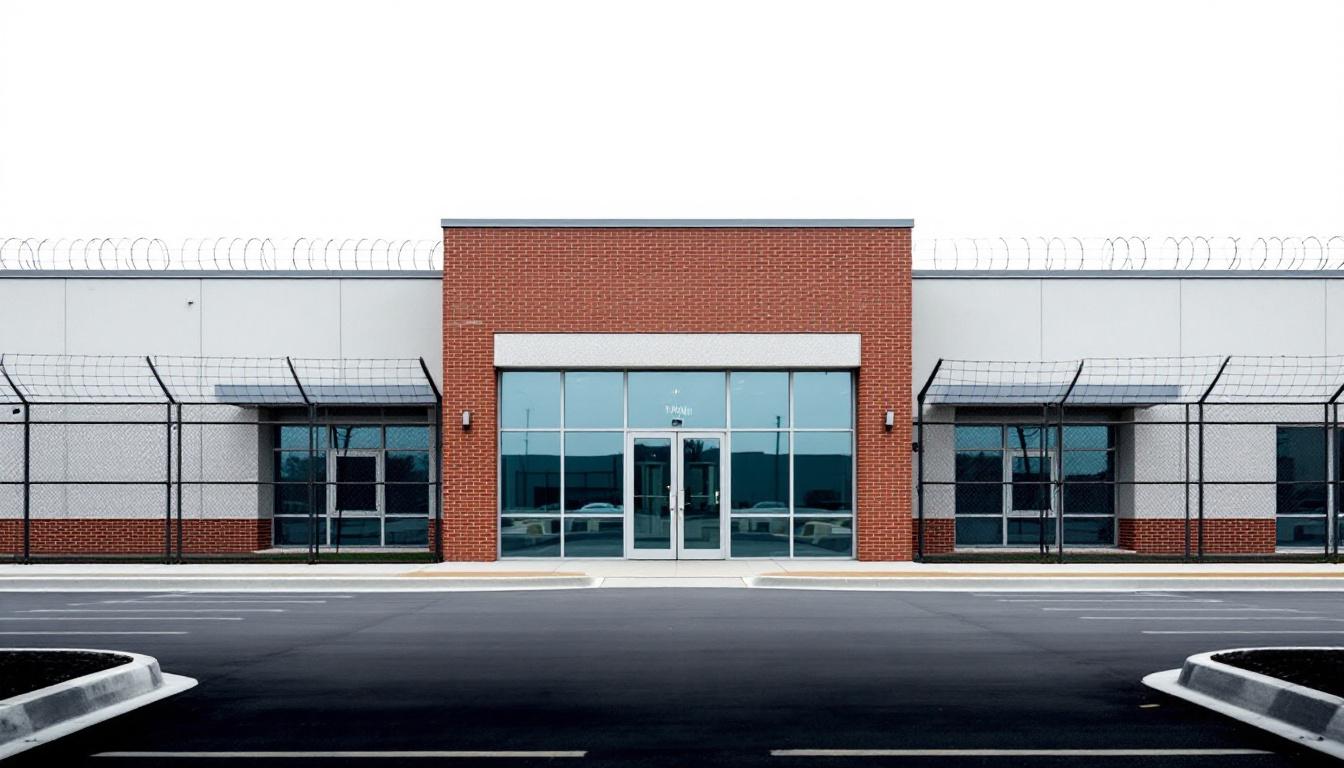
Quick Navigation
How to contact an inmate at Federal Correctional Institute
This comprehensive guide will walk you through how to connect with an inmate at Federal Correctional Institute. Follow the steps below to find an inmate and send letters and photos:
- Search for the inmate using our search tool below
- Create your account or log in to Penmate
- Write your message (up to 6,000 characters)
- Send instantly - inmates receive printed copies daily
Find an Inmate
Search for an inmate to start communicating today
Tip: You can search by first name, last name, or inmate ID number
To contact a person at Federal Correctional Institute start by searching for the person on the official facility website. Perform a search by following these steps:
- Step 1: Enter their first name and last name into the search form and click "Search"
- Step 2: Locate their inmate record
- Step 3: Write down their Inmate ID and any housing information provided
Important! Be sure to enter the person's full name. Nicknames should not be used.
How to Send Messages to Inmates

You can use your phone or computer to send emails, letters, and photos to an inmate. Messages are sent electronically to inmate tablets or kiosks at the facility. If you would like to send a message, start by searching for an inmate at Federal Correctional Institute.
Sending Photos and Postcards

A great way to send love and support to a loved one at Federal Correctional Institute is to send photos and postcards. It only takes a few minutes to send photos from your phone and it makes a huge difference. You can also mail postcards with words of support and inspiration, or design your own postcard for special moments like birthdays and holidays.
Important! Be sure not to send any explicit photos or they may not be approved by the facility. You can also use a photo printing app like Penmate to make sure your photos are printed at the correct size (4x6 or 3x5) and are mailed according to the rules and regulations of Federal Correctional Institute.
Frequently asked questions about Federal Correctional Institute
-
How long does it take to deliver a message?
If you're sending an email message your letter is usually delivered within 24-48 hours. For messages sent via mail you should expect delivery within 3-7 days. All messages will need be approved by Federal Correctional Institute.
-
How much does it cost to send a message to Federal Correctional Institute?
You can send a message free using your phone or mail a message via USPS for the price of a $0.60 stamp and envelope. You can also purchase credits or e-stamps from services starting at $1.99.
-
What services can I use to contact an inmate at Federal Correctional Institute?
Penmate
You can use Penmate to send letters and photos to an inmate from your phone. It's an easy way to stay in touch during your loved one's incarceration. Use the inmate locator to find an inmate's location and contact information, then you can send messages within a few minutes.
Securus messaging
Securus may be another option for communicating with an inmate at Federal Correctional Institute. You can create a friends and family account and purchase credits to send messages. All messages will be reviewed and must be approved by the facility.
JPay
Some county jails and state prisons may support sending messages with JPay. You must register an account with the system, find your loved one, and purchase stamps to send messages. For some locations you can also attach photos.
Smart Jail Mail
You may also check if Smart Jail Mail is available at Federal Correctional Institute. Smart Jail Mail is operated by Smart Communications and has contracted with some state and county jails. After purchasing credits, your messages and photos are sent to the facility, printed out, and then handed out to your loved one.
-
What is the mailing address of Federal Correctional Institute?
Mailing address:
Federal Correctional Institute
2113 N Hwy 175
Seagoville, TX 75159
Phone: (972) 287-2911Business hours:
- Monday: Open 24 hours
- Tuesday: Open 24 hours
- Wednesday: Open 24 hours
- Thursday: Open 24 hours
- Friday: Open 24 hours
- Saturday: Open 24 hours
- Sunday: Open 24 hours
-
What are the visiting hours at Federal Correctional Institute?
Visiting hours at Federal Correctional Institute vary by housing unit and security level. Generally, visits are scheduled on weekends and holidays, with some facilities offering weekday visits. Contact the facility directly at (972) 287-2911 or check their website for the current visiting schedule. Visits typically last 30-60 minutes and must be scheduled in advance.
-
What items are prohibited when sending mail to Federal Correctional Institute?
Prohibited items typically include: cash, personal checks, stamps, stickers, glitter, glue, tape, staples, paperclips, polaroid photos, musical or blank greeting cards, hardcover books, magazines with staples, and any items containing metal or electronics. Only send letters on plain white paper with blue or black ink. Photos must be printed on regular photo paper (no Polaroids). Always check with Federal Correctional Institute for their specific mail policies.
-
How do I send money to an inmate at Federal Correctional Institute?
You can send money to an inmate at Federal Correctional Institute through several methods: 1) Online using JPay, Access Corrections, or the facility's approved vendor, 2) Money orders mailed directly to the facility with the inmate's name and ID number, 3) Kiosks located in the facility lobby, or 4) Over the phone using a credit or debit card. Fees vary by method, typically ranging from $2.95 to $11.95 per transaction.
-
Can I schedule a video visit with an inmate at Federal Correctional Institute?
Many facilities now offer video visitation as an alternative to in-person visits. At Federal Correctional Institute, video visits may be available through services like Penmate, Securus Video Connect, GTL, or ICSolutions. Video visits typically cost $10-20 for 20-30 minutes and must be scheduled in advance. You'll need a computer or smartphone with a camera and reliable internet connection. Contact the facility for their specific video visitation policies and approved vendors.
-
What identification do I need to visit an inmate at Federal Correctional Institute?
All visitors must present valid government-issued photo identification such as a driver's license, state ID, passport, or military ID. Minors must be accompanied by a parent or legal guardian who can provide the minor's birth certificate. Some facilities require visitors to be on the inmate's approved visitation list, which may require a background check. Contact Federal Correctional Institute for specific ID requirements and visitor approval procedures.
-
How can I find out an inmate's release date?
To find an inmate's release date at Federal Correctional Institute, you can: 1) Use the online inmate search tool if available, 2) Call the facility's records department, 3) Contact the inmate's case manager or counselor, or 4) Have the inmate provide this information during a call or visit. For privacy reasons, some facilities only release this information to immediate family members.
Facility Overview
Contact Information
Federal Correctional Institute2113 N Hwy 175
Seagoville, TX 75159
Phone: (972) 287-2911
Official Website

About Federal Correctional Institute
Federal correctional facilities serve as crucial components in the justice system's approach to rehabilitation and public safety, with FCI SEAGOVILLE, TX representing this mission within Louisiana's broader correctional landscape. Located in Seagoville, this LA correctional facility operates as part of the Federal Bureau of Prisons network, typically focusing on preparing individuals for successful reentry into their communities. The facility generally emphasizes evidence-based programming designed to address the underlying factors that may contribute to criminal behavior, while maintaining the security standards expected of federal institutions.
Community connections often form the foundation of effective correctional programming, and facilities like FCI SEAGOVILLE typically work to maintain these vital links throughout an individual's incarceration period. The population services generally include educational opportunities, vocational training programs, and substance abuse treatment options that align with federal standards for rehabilitation. Family communication and visitation programs may provide essential support systems, recognizing that strong community ties often contribute significantly to successful reintegration outcomes.
Within the south region's correctional network, this facility typically serves its designated population while coordinating with other federal institutions to ensure appropriate placement and program delivery. SEAGOVILLE's role in Louisiana's correctional landscape generally involves collaboration with community organizations, educational institutions, and employment services to create pathways for individuals transitioning back to their home communities. These partnerships may include job placement assistance, transitional housing coordination, and ongoing support services that extend beyond the facility's walls, reflecting the broader understanding that successful reentry requires comprehensive community engagement.
Programs & Services
Comprehensive support permeates every aspect of programming at FCI Seagoville, where carefully structured interventions address the multifaceted needs of the population through evidence-based approaches. The facility's philosophy centers on fostering personal growth and accountability while simultaneously building the practical skills necessary for successful community reintegration. Through collaborative efforts with various community organizations, these programs typically emphasize both individual development and collective responsibility, creating an environment where participants can develop meaningful connections to their families and broader communities.
Educational opportunities form the cornerstone of skill development, with programs often including basic literacy instruction, GED preparation, and post-secondary coursework designed to expand intellectual horizons. Furthermore, vocational training initiatives may supply hands-on experience in high-demand trades, with welding programs frequently serving as a pathway to sustainable employment upon release. These educational and vocational components typically work in tandem, allowing the population to develop both theoretical knowledge and practical expertise that directly correlates with employment opportunities in the broader Louisiana region.
Support services extend beyond traditional academic and vocational boundaries to encompass the emotional and spiritual dimensions of rehabilitation. Faith-based services often provide a foundation for personal reflection and community building, while volunteer programs may supply opportunities for the population to contribute meaningfully to institutional life. Additionally, specialized curricula focusing on decision-making skills typically address the cognitive patterns that influence behavioral choices, and practical programs such as upholstery training often combine therapeutic value with marketable skills development, creating multiple pathways for personal transformation and community contribution.
Daily Life & Visitation
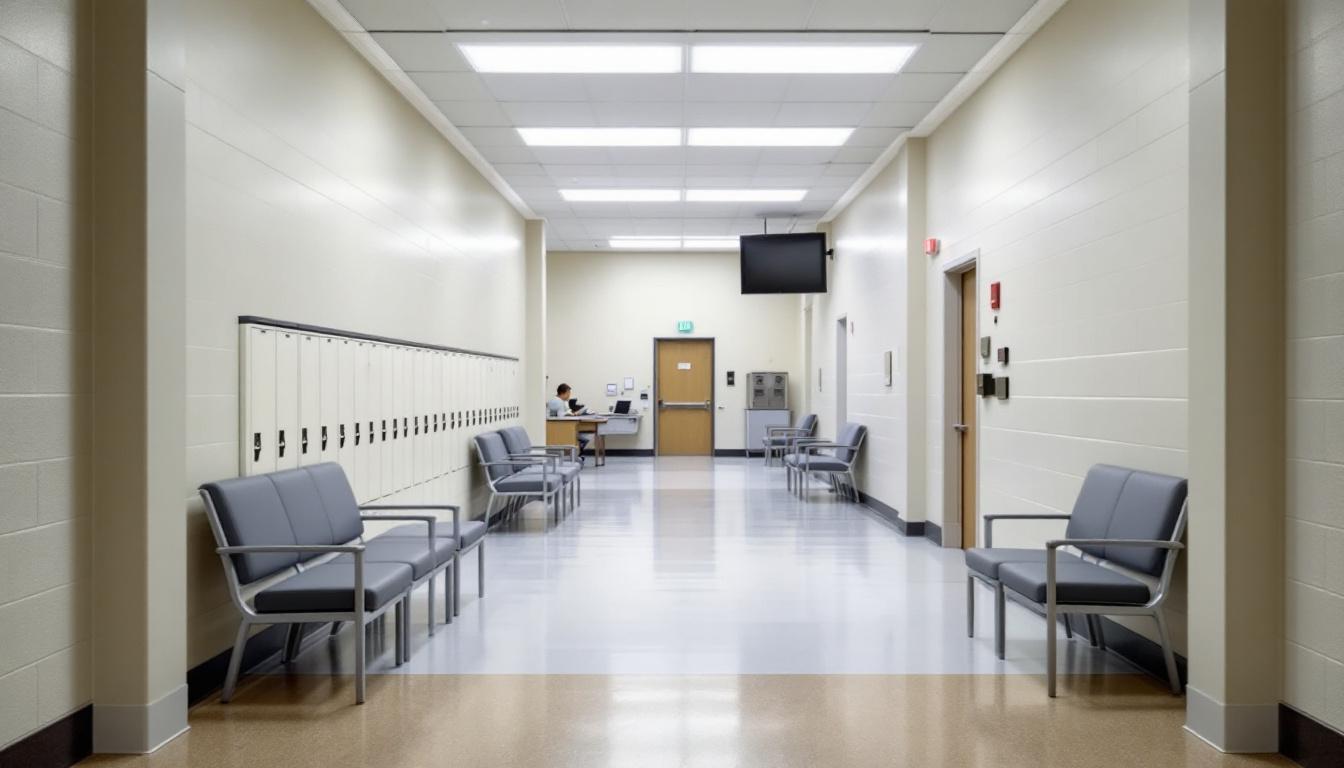
A carefully orchestrated system of schedules and protocols governs every aspect of life within the facility, creating a predictable framework that shapes how the population navigates their daily experiences. Today's routine consistently begins with early morning counts and continues through structured meal times, work assignments, and recreational periods that supply essential organization to institutional life. The systematic approach to managing daily activities ensures that residents understand expectations while maintaining the security and operational efficiency required in a federal correctional environment.
Furthermore, the living accommodations typically feature dormitory-style housing units where the population resides in shared spaces designed to accommodate multiple individuals. These housing areas generally include basic furnishings and personal storage options, while common areas supply spaces for television viewing, reading, and social interaction during designated periods. Although personal property is limited to approved items, residents may typically access commissary services to purchase additional necessities and approved comfort items that enhance their daily living conditions.
The facility usually offers various recreational and educational programming opportunities that supply structure to non-work hours, including fitness activities, library services, and vocational training programs. Work assignments generally range from food service and maintenance duties to clerical positions that help maintain facility operations while providing the population with meaningful daily responsibilities. Although visitation schedules and communication policies are subject to security protocols, families typically have opportunities to maintain contact through scheduled visits, telephone calls, and correspondence, which supply crucial emotional support throughout the incarceration period.
Ready to Connect?
Start communicating with your loved one today
Search for an Inmate
